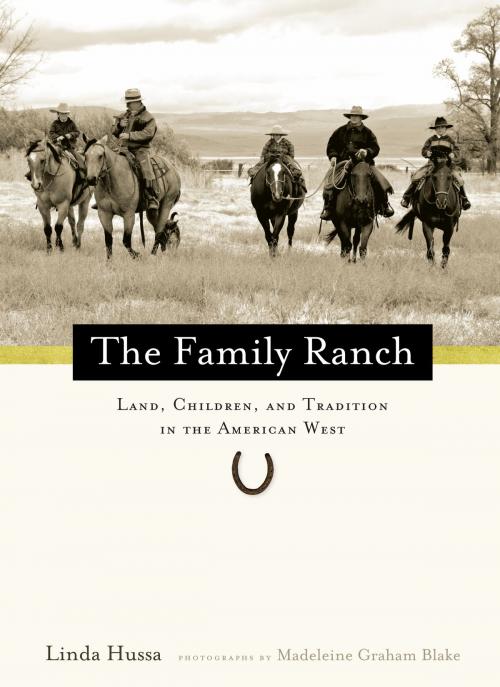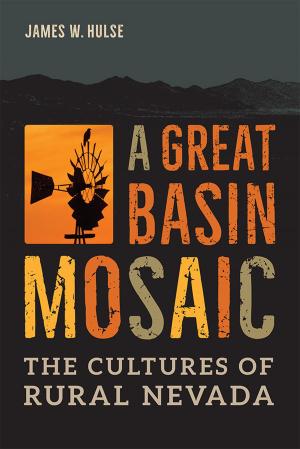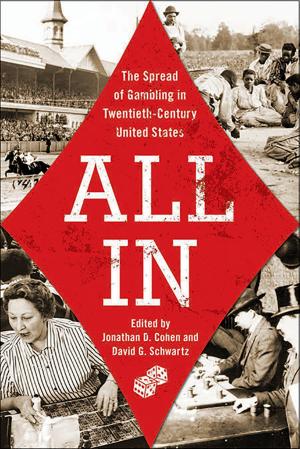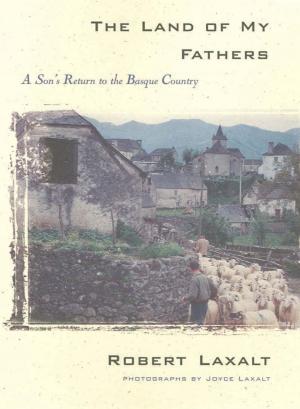The Family Ranch
Land, Children, and Tradition in the American West
Nonfiction, Social & Cultural Studies, Social Science, Cultural Studies, Customs & Traditions, Fiction & Literature, Literary Theory & Criticism| Author: | Linda Hussa | ISBN: | 9780874177817 |
| Publisher: | University of Nevada Press | Publication: | January 15, 2009 |
| Imprint: | University of Nevada Press | Language: | English |
| Author: | Linda Hussa |
| ISBN: | 9780874177817 |
| Publisher: | University of Nevada Press |
| Publication: | January 15, 2009 |
| Imprint: | University of Nevada Press |
| Language: | English |
As a stabilizing force in the American West, ranch families play a critical role in our country. They contribute to our nation with the food they raise, the resources they manage, and the environments and heritage they preserve. Award-winning author Linda Hussa offers readers an intimate view into the lives of six diverse ranching families. Photographer Madeleine Graham Blake provides engaging and often moving images that portray each family at work and at play. Chapters on the critical issues facing them, such as grazing rights, water use, and education, set these profiles in a larger context. This is family ranching as it is now, a tracing of how it always was, but made far more complex in modern times. The family ranch in the twenty-first century faces many challenges, from competition with government-subsidized agribusiness corporations to tax laws that encourage development over agriculture and prevent the smooth transfer of land from one generation to the next. By combining their traditions with the tools of modern technology, these people strengthen the ideal of family and give their business a vibrant and viable future. The text and photographs of The Family Ranch will inspire fresh thinking about tradition, values, and responsibility.
As a stabilizing force in the American West, ranch families play a critical role in our country. They contribute to our nation with the food they raise, the resources they manage, and the environments and heritage they preserve. Award-winning author Linda Hussa offers readers an intimate view into the lives of six diverse ranching families. Photographer Madeleine Graham Blake provides engaging and often moving images that portray each family at work and at play. Chapters on the critical issues facing them, such as grazing rights, water use, and education, set these profiles in a larger context. This is family ranching as it is now, a tracing of how it always was, but made far more complex in modern times. The family ranch in the twenty-first century faces many challenges, from competition with government-subsidized agribusiness corporations to tax laws that encourage development over agriculture and prevent the smooth transfer of land from one generation to the next. By combining their traditions with the tools of modern technology, these people strengthen the ideal of family and give their business a vibrant and viable future. The text and photographs of The Family Ranch will inspire fresh thinking about tradition, values, and responsibility.















